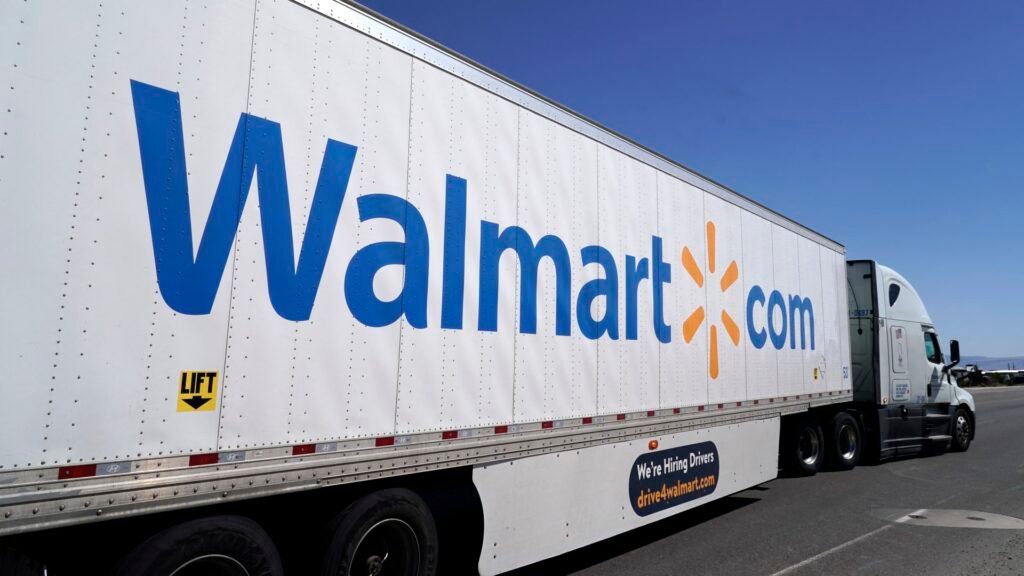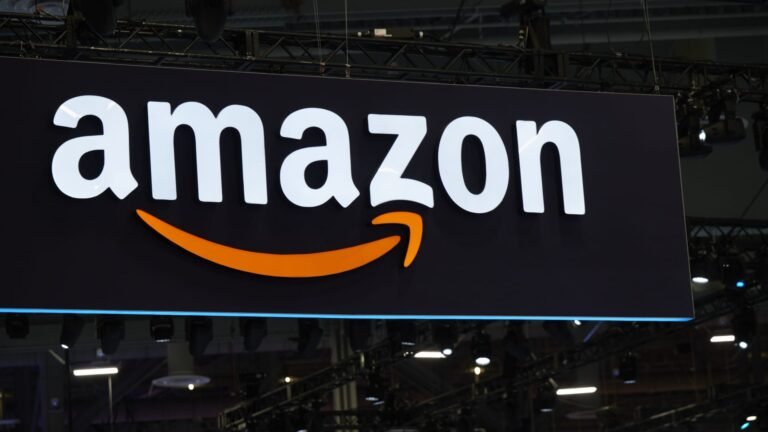
In this article, the Consumer Financial Protection Bureau filed a complaint on Monday against Walmart and work-scheduling platform Branch Messenger for allegedly compelling delivery drivers to use poorly managed and costly deposit accounts to receive their payments. CFPB Director Rohit Chopra stated in a press release that Walmart had made false promises, unlawfully opened accounts, and exploited over a million delivery drivers. He emphasized that companies should not coerce workers into using accounts that deplete their earnings with excessive fees.
The lawsuit claims that since 2021, Walmart and Branch have opened Branch accounts for more than one million drivers participating in the Spark Driver Program. This program is Walmart’s platform for gig economy workers to manage “last mile” deliveries. The companies allegedly deposited drivers’ pay into these accounts without their consent. Drivers were reportedly threatened with termination if they refused to use the Branch accounts and were misled about when they could access their earnings. Drivers who used the platform allegedly encountered delays or fees when transferring money to another account, resulting in over $10 million in fees.
Walmart has refuted the allegations made by the agency, stating that the CFPB’s lawsuit contains factual errors, exaggerations, and misstatements of established legal principles. The company claims that it was not given a fair chance to present its case during the investigation.
The CFPB also accused Branch of neglecting to investigate reported errors, failing to provide necessary disclosures, not maintaining records, disregarding stop payment requests, and unlawfully requiring consumers to waive their legal rights. A representative from Branch responded to the lawsuit by stating that they strongly disagree with the CFPB’s claims, alleging that the lawsuit misrepresents the law and facts and intentionally omits information to conceal the Bureau’s overreach.
This lawsuit is part of a series of actions taken by the CFPB against companies for mishandling consumer and worker financial accounts. Previously, the bureau sued Comerica Bank for allegedly mishandling a federal benefits program and imposing illegal fees on prepaid debit cards. Most recently, the CFPB filed a complaint against the operator of the Zelle payments network, along with JPMorgan Chase, Bank of America, and Wells Fargo. The lawsuit alleges that these firms failed to adequately investigate fraud complaints or provide reimbursement to victims, resulting in customers losing over $870 million since the launch of Zelle in 2017.







